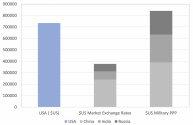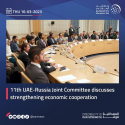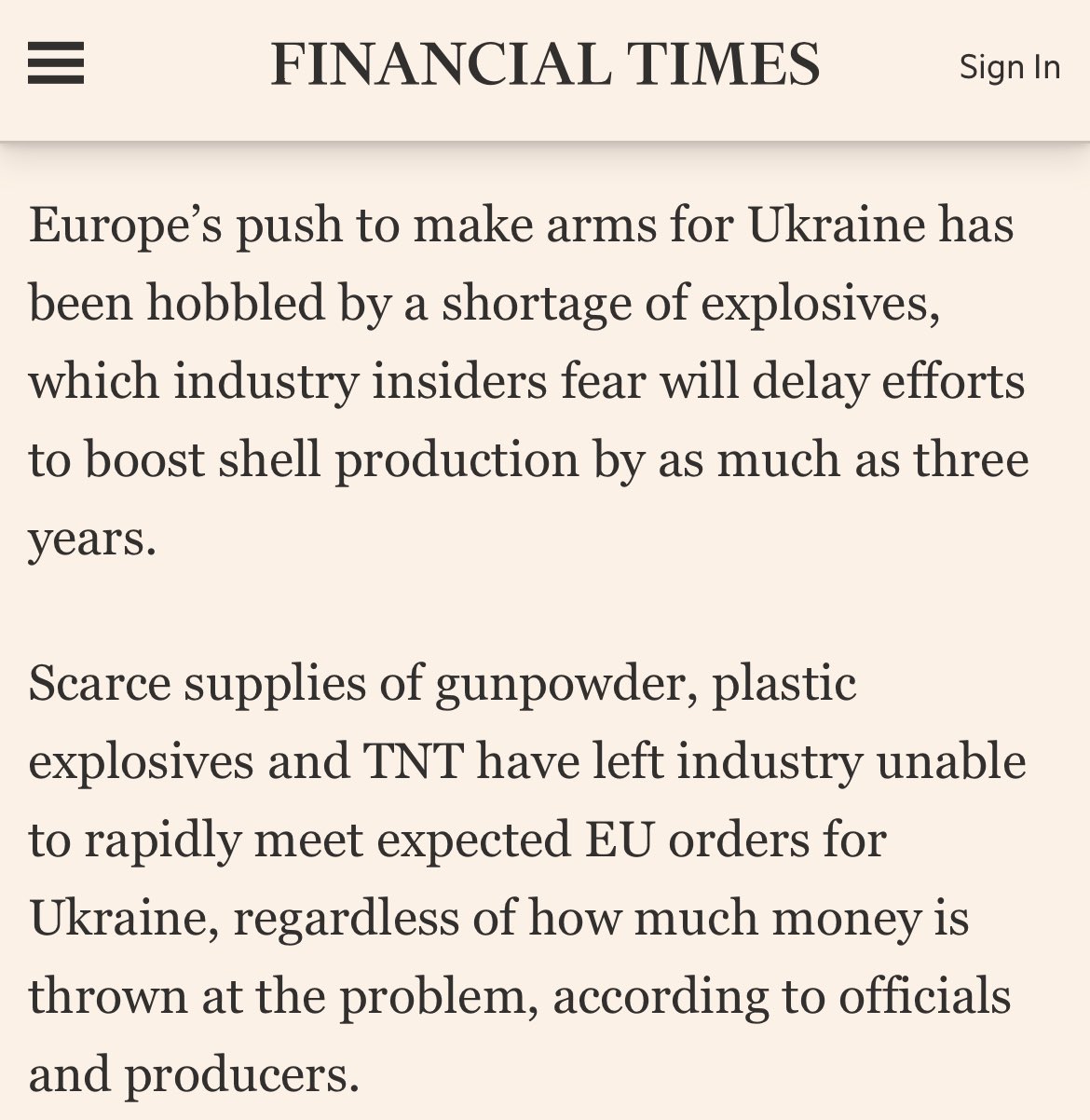GDP in PPP matters very little to the perception of people in terms who is wealthy and who is not. Your 100 yuan may buy the same clothing as the $100 dollar dress you buy in the US, but the quality differences will be pronounced. you may get a high end western branded dress with $100 but not with 100 yuan.
GDP in PPP exists exactly because wealth and obtained value for spending is not a standardized value across a nation let alone the world.
Take military budgets for example:

If you made a simple adjustment based on exchange rates (second bar), the military budget of China, India, and Russia is dwarfed by the budget of the US. But if the budgets are corrected for the spread in the amount of value gained for how much is spent, the US budget is dwarfed by the PPP spending of China, India, and Russia.
The fact is Japanese, Americans, Hong Kongers earn much more than the Chinese, their income is simply bigger when they buy western branded goods which is what they consider world's best. Their income will allow them to go alot more places for tourism. And Most westerners probably have bigger houses, probably more than one car and better quality of life in terms of stuff they own.
Almost all of western branded clothing is made in China or other low cost countries. In China for example, the same factories turn out clothing for domestic consumption.
Again, GDP in PPP is used because a numerically higher average number does not equate to higher mobility or wealth or the impact from them.
.
.
Vehicle ownership is a terrible measure of prosperity as it is influenced by the availability of public transportation, geographic characteristics, and governmental regulation. Either way, most westerners do not own more than one vehicle:
Europeans own
.
Americans own
.
Housing and quality of life is influenced by the same things as vehicle ownership with the addition of differing cultural norms, so I'll leave it at that.
Moreover, the kind of Jobs that Hong Kongers or Westerners do are what is considered as superior white collar jobs. They work as lawyers, managers, scientists, designers while most Chinese are factory workers. So, it is no wonder they consider themselves to be richer and superior in every way.
Now everyone knows you have never had a real job and are still in school. Factory work and skilled trades are well paid, more so than most 'white collar' jobs. But lets look at some data just for fun!
The EU seems to be afraid of separating data on higher education but total total tertiary education levels (vocational/associates degree to doctorates):
Percent of US total tertiary education:
Percent of EU total tertiary education:
.
Terms like white collar are too nebulous of categories for data comparison purposes. But most well paying white collar jobs are gated by a need to have at least a bachelors degree. If you look at the data:
Percent of US residents with at least a bachelors degree : 23.5%
*EU rates should be similar
High achievement and therefore actually higher earning careers like scientists, doctors, managers, etc usually require at least a masters degree or equivalent:
Percent of US residents with at least a masters to doctorate: 14.3%
In total that is only 37.8% with a bachelors degree or higher. So, now we all know that most westerners are not meaningfully 'white collar' nor are they high earners.
Ofcourse, these things are changing slowly, China is getting better, but perception always lags behind actual situation. For China to be seen as equal to the west. They will have to be not only as equally rich in nominal terms, but also produce brands that are equal or superior to western brands.
According to western funded research, China is already the leader in
. More meaningful to me is that 67% of the high-impact authors of research papers trained in Chinese Universities and work in China.
Brand perception is the result of marketing, it is ultimately meaningless as values among people and over time is not constant. In terms of manufacturing the high end products, that is already being done in China for the rest of the world. Your about a decade late in your understanding of manufacturing.



